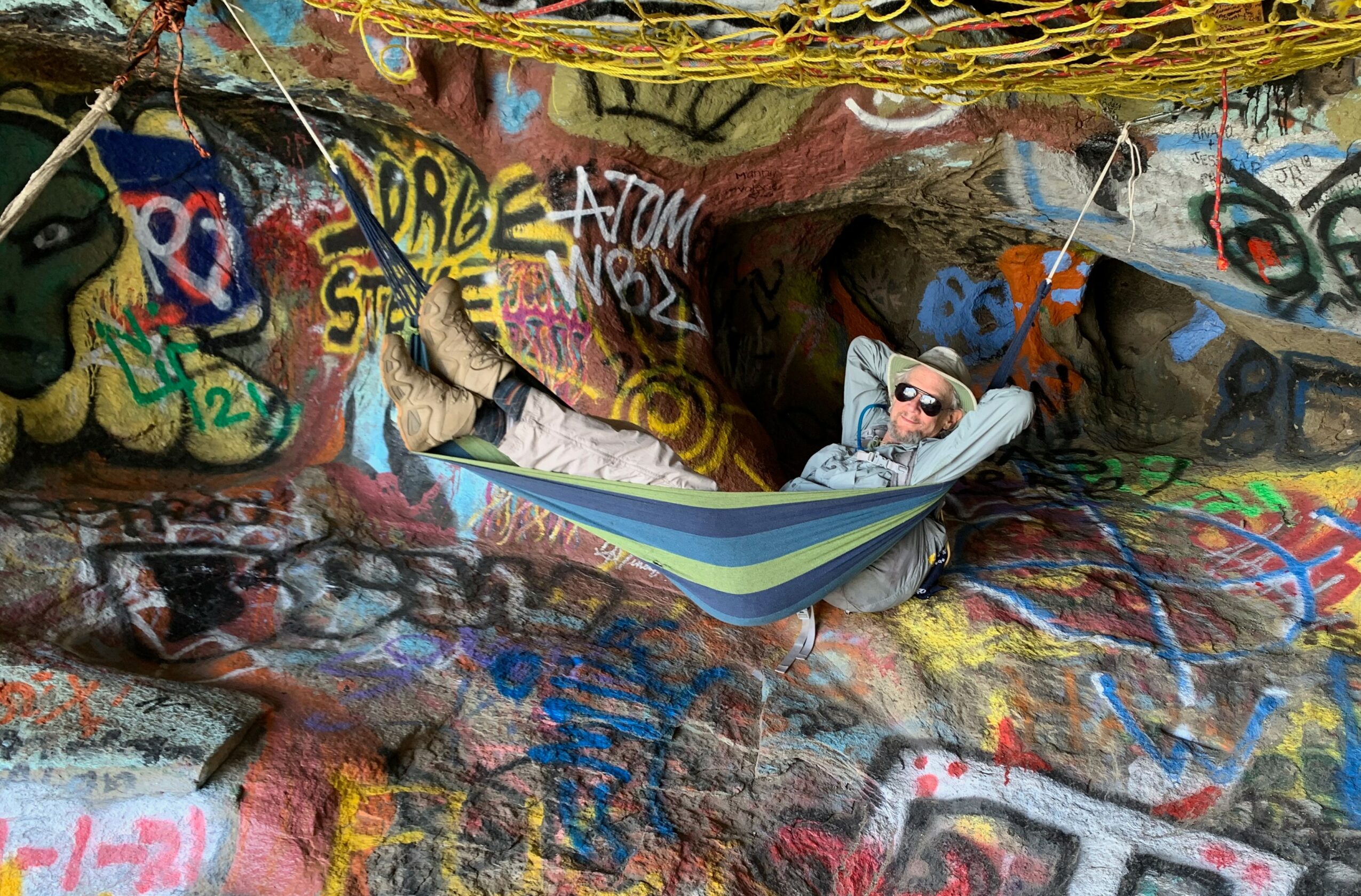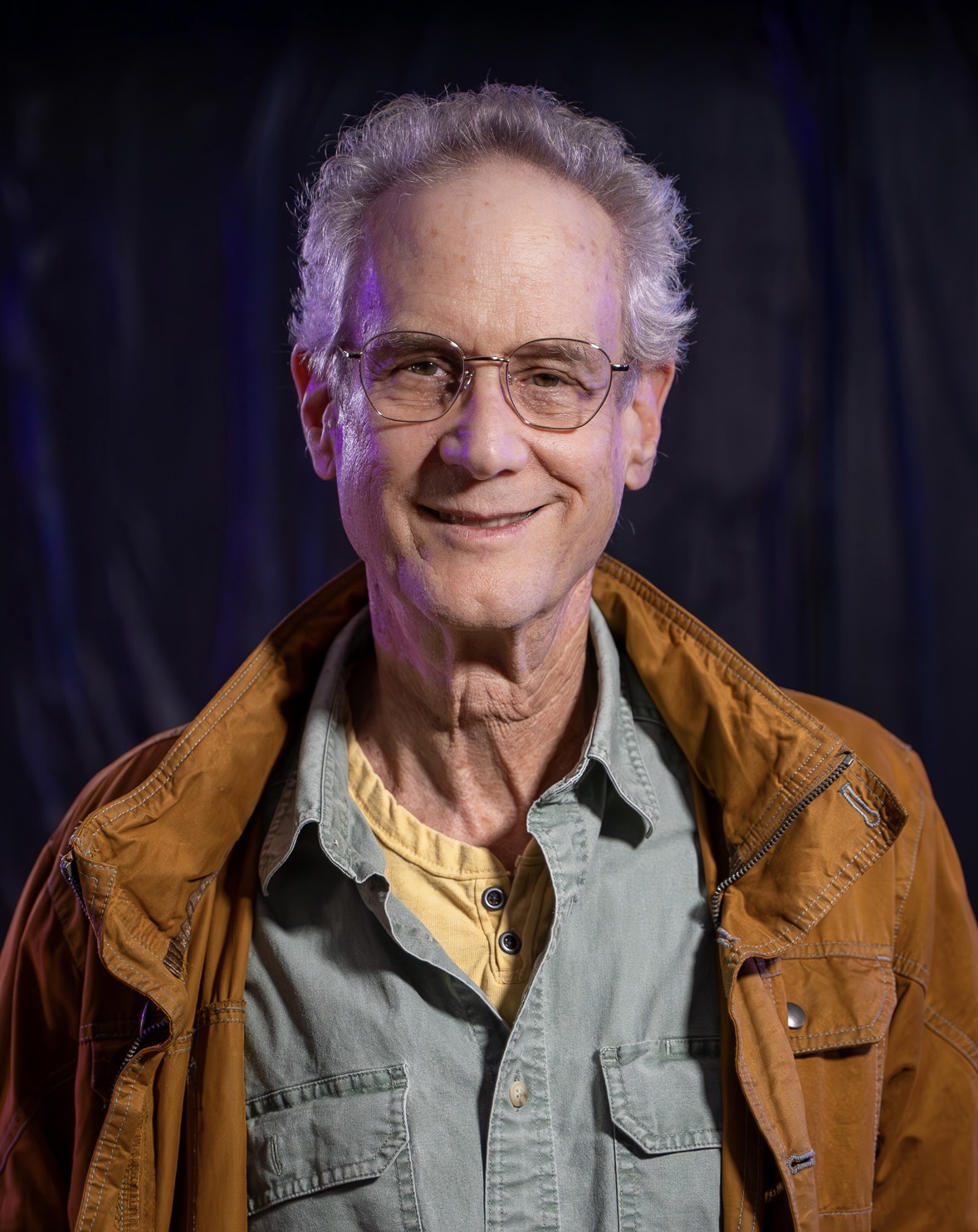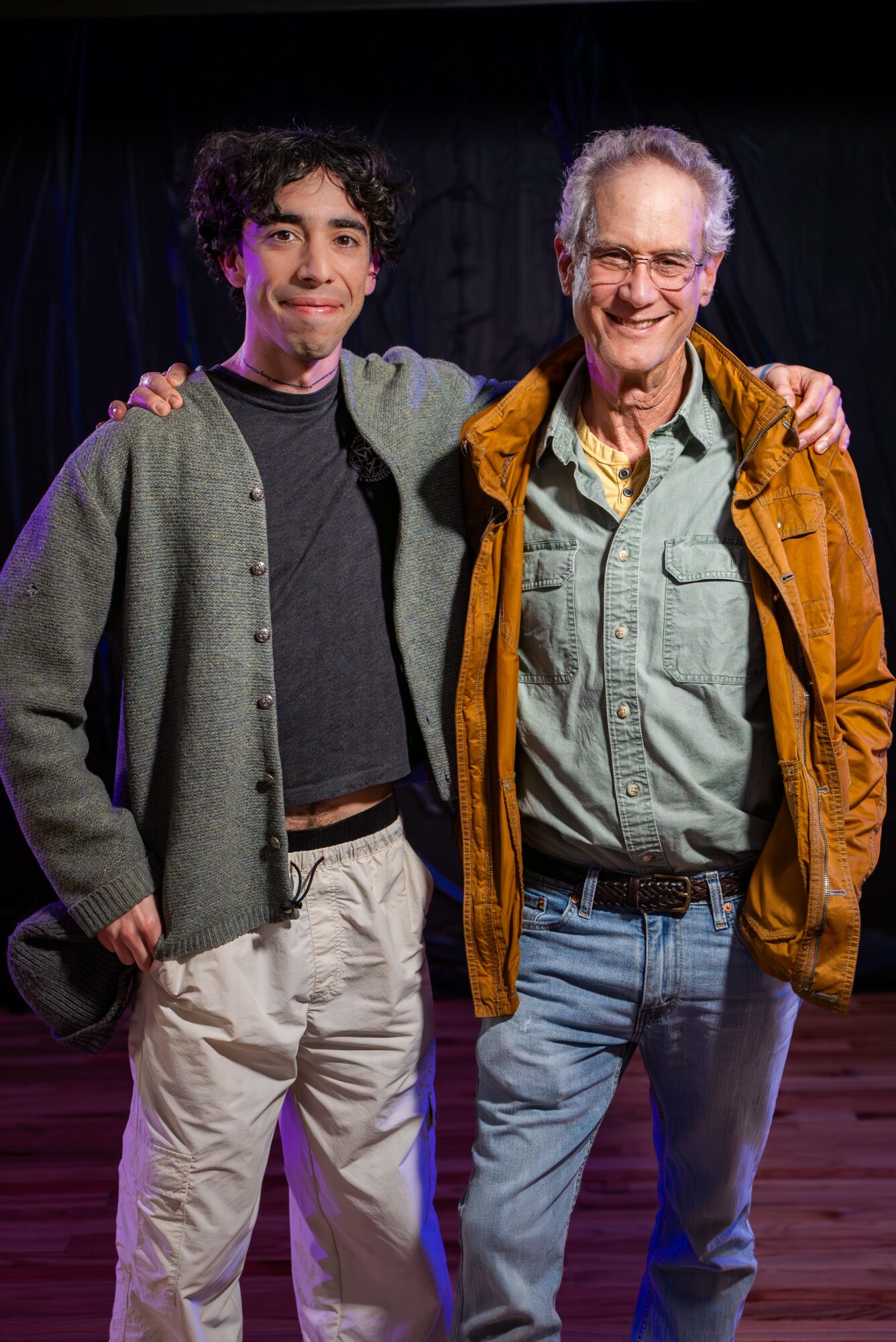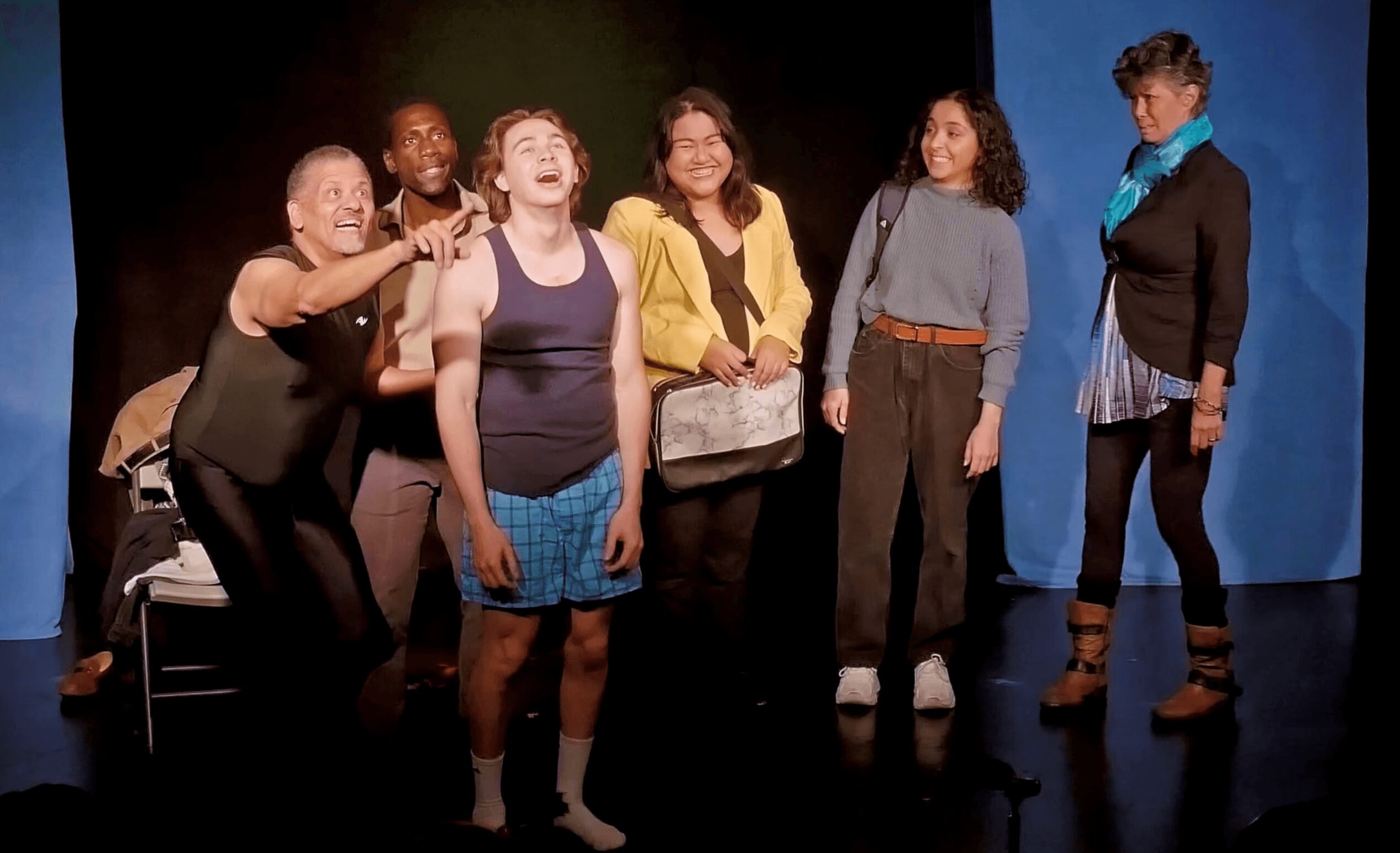

Today we’d like to introduce you to Bob Gossom.
Hi Bob, thanks for joining us today. We’d love for you to start by introducing yourself.
I grew up in a family that valued intellect, curiosity, and decency. My father was a Navy dentist, both scientist and officer, and my mother carried that post-war mix of quiet confidence and competence that made everything seem possible. We moved constantly — coasts, bases, schools — and I learned to adapt, to observe, and to keep a book within reach.
Two high school teachers blew my mind open. One gave me poetry, through Whitman, Wallace Stevens, and especially the Beat poets. The other opened my eyes to literature and the stage. We went through Crime and Punishment page by page and did table reads of plays by Albee and Ionesco. Poems just began coming to me. It wasn’t really a choice. Writing them down seemed to be the gracious thing to do.
In my early twenties, I read a lot of poetry. My greatest revelation was Diane Wakoski. The way she grounded her work within her personal history, her musicality, and attention to page layout – it all echoed my own inclinations. I went through an intense period where I was writing, something, every day. But as my own voice came forward, I realised the other poets were interfering. As I developed technique by daily writing, I found myself falling back on it, writing poems that were sparkly, but not meaningful. I largely stopped reading others and learned to wait for the poems.
Over the years, I built other lives — in film, in business, in technology — each one absorbing and creative in its own way. But the poems were always there, quietly accumulating. I wrote a poem that required two female voices. I recruited two cousins to read it, and hearing the words exchanged this way opened me up to new ways of presenting poetry. I began recruiting friends, family, and audience members to help me read, passing the words back and forth.
This led to a play that ran for three weeks in 2024, Versified! THE HUMAN EQUATION. The director, Sonny Lira, and the incredible ensemble both brought my words to life, but also reinterpreted them in ways I’d never imagined.
I’ve spent my life writing, raising a family, building things that matter, and learning to wait for the words, and trusting where they lead. The third edition of my ever-growing book, THE HUMAN EQUATION, will be released in February 2026.
I’m sure it wasn’t obstacle-free, but would you say the journey has been fairly smooth so far?
The writing has always had a life of its own, satisfying and meaningful – at least to me. I’ve never been a working poet, so I had the luxury of only writing when I had something to say.
I had quiet years in my 40’s, but I never felt fallow. I just wasn’t writing at the moment. I was busy building a family and a business. I also recognized I was in transition from an angry young man period and moving to a different voice. In my 50’s I wrote a reflective poem that reinvigorated me creatively. It pointed to where my work could go.
His fingers graze the skin of the fruit
it bursts
full into his hands
He brings the nectar tentatively to his lips
it overwhelms him
as it runs
down his throat
and drips
from his chin
He inhales thoughts
of a time
when this fruit was familiar
Thanks for sharing that. So, maybe next you can tell us a bit more about your work?
I’m a poet whose work blends accessibility with craft. I often write about what seems everyday and ordinary, inviting the reader in — but then give them a reason to pause, think, and perhaps re-read to find something deeper. The technique is always there, but in service to the poem, not on display.
I’m proud of two things in particular.
First, the stage play and film Versified! THE HUMAN EQUATION, both based on my book. It was daunting to hand my poems to director Sonny Lira, but he and an extraordinary ensemble of actors took the work to places I never could have imagined — both for me and for audiences.
Second, I take pride in the craft itself. I’m not prolific because each poem is a unique construction. Most of my poems are free verse, but I don’t believe any poem is truly “free” — every word is bound by meaning, sound, rhythm, and nuance. Craft, to me, is the scaffolding — the hidden architecture that allows the poem to stand.
What sets me apart is my passion for bridging the literary world and casual audiences. In my world, poetry is exciting, fun, and occasionally dangerous. I like to present poems in multiple voices, trading lines – this lets them breathe and come alive. Sometimes I invite audience members to read with me. We pass through this life together, so we should enjoy and celebrate it together, too.
Your eyes are diamonds
they steal the light
Your voice
a sapphire in the night
You
the ruby of my delight
Before we let you go, we’ve got to ask if you have any advice for those who are just starting out?
I see two challenges in writing poetry.
One is to find your own voice. Start by reading widely. Absorb the voices that move you, and write in their style. It’s also important to lean into what moves you. From my first poems, I was drawn to the visual layout of a poem on the page, and fascinated with the relationship between the title (or lack of a title) and the poem itself. After 50 years, these two elements recur in most of my poems.
The second challenge is to learn technique. For me this meant writing, a lot. There were periods when I wrote something, anything, every day. Sometimes out of many pages, I’d find one phrase or stanza that lived. Part of technique is learning how to edit. Go through what you write, examine what makes a line, phrase, a stanza live, and what makes others die. Learn how one word can transform everything.
Over time, I learned both the gift and a limit to both of these suggestions. As I mentioned earlier, I had to stop reading others’ poetry. I found the voices of the poets I love intruding on my work. To this day, when I read a great poem, I immediately want to write one like it. Sometimes this is good, but to do it often just dilutes you. A similar thing happened with the constant writing: it sharpened my skills, but I also found myself leaning too heavily on technique at the expense of substance. I learned to slow down and wait for a poem, to build up ideas and themes before putting anything to paper.
Contact Info:
- Website: https://bobgossom.com/
- Instagram: https://www.instagram.com/bobgossom/
- Facebook: https://www.facebook.com/VersesBG/



Image Credits
David Haverty














